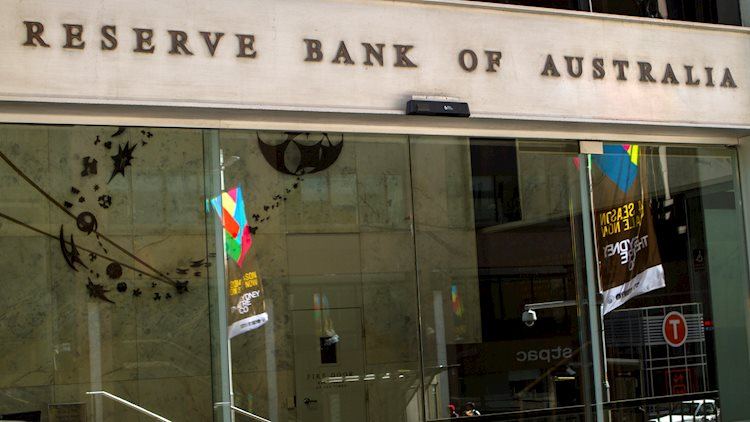Reserve Bank of Australia (RBA) Governor Michele Bullock is addressing the press conference, following the announcement of the September monetary policy decision on Tuesday.
Bullock is responding to questions from the media, as part of a new reporting format for the central bank starting this year.
At its September policy meeting, the RBA maintained the benchmark interest rate at 4.35% for the seventh straight meeting.
Key quotes
Recent data has not materially affected policy outlook.
Rates to remain on hold for time being.
Progress on underlying inflation likely remained slow in Q3.
Q2 GDP data suggest slightly softer near term outlook.
Some risk consumption to remain subdued.
Did not explicitly consider rate hike at meeting.
Format of discussion changed at this meeting.
Monthly inflation data are quite volatile.
Expect to see cost of living relief to lower energy prices.
Headline CPI could come withiin 2-3% band.
Not really reflective oif underlying inflation pulse.
Setting rates to domestic circumstances.
Board did discuss whether to change policy messaging.
Message is that board does not see rate cuts in near term.
Prepared to respond in either direction depending on data.
developing story ….
Market reaction
AUD/USD is holding near 2024 highs gains on the above comments, up 0.37% on the day near 0.6865, as of writing.
RBA FAQs
The Reserve Bank of Australia (RBA) sets interest rates and manages monetary policy for Australia. Decisions are made by a board of governors at 11 meetings a year and ad hoc emergency meetings as required. The RBA’s primary mandate is to maintain price stability, which means an inflation rate of 2-3%, but also “..to contribute to the stability of the currency, full employment, and the economic prosperity and welfare of the Australian people.” Its main tool for achieving this is by raising or lowering interest rates. Relatively high interest rates will strengthen the Australian Dollar (AUD) and vice versa. Other RBA tools include quantitative easing and tightening.
While inflation had always traditionally been thought of as a negative factor for currencies since it lowers the value of money in general, the opposite has actually been the case in modern times with the relaxation of cross-border capital controls. Moderately higher inflation now tends to lead central banks to put up their interest rates, which in turn has the effect of attracting more capital inflows from global investors seeking a lucrative place to keep their money. This increases demand for the local currency, which in the case of Australia is the Aussie Dollar.
Macroeconomic data gauges the health of an economy and can have an impact on the value of its currency. Investors prefer to invest their capital in economies that are safe and growing rather than precarious and shrinking. Greater capital inflows increase the aggregate demand and value of the domestic currency. Classic indicators, such as GDP, Manufacturing and Services PMIs, employment, and consumer sentiment surveys can influence AUD. A strong economy may encourage the Reserve Bank of Australia to put up interest rates, also supporting AUD.
Quantitative Easing (QE) is a tool used in extreme situations when lowering interest rates is not enough to restore the flow of credit in the economy. QE is the process by which the Reserve Bank of Australia (RBA) prints Australian Dollars (AUD) for the purpose of buying assets – usually government or corporate bonds – from financial institutions, thereby providing them with much-needed liquidity. QE usually results in a weaker AUD.
Quantitative tightening (QT) is the reverse of QE. It is undertaken after QE when an economic recovery is underway and inflation starts rising. Whilst in QE the Reserve Bank of Australia (RBA) purchases government and corporate bonds from financial institutions to provide them with liquidity, in QT the RBA stops buying more assets, and stops reinvesting the principal maturing on the bonds it already holds. It would be positive (or bullish) for the Australian Dollar.
Read the full article here

